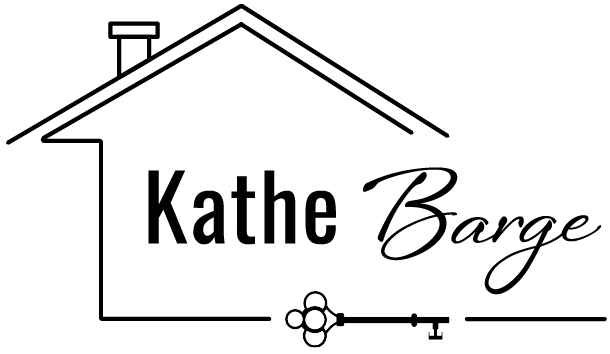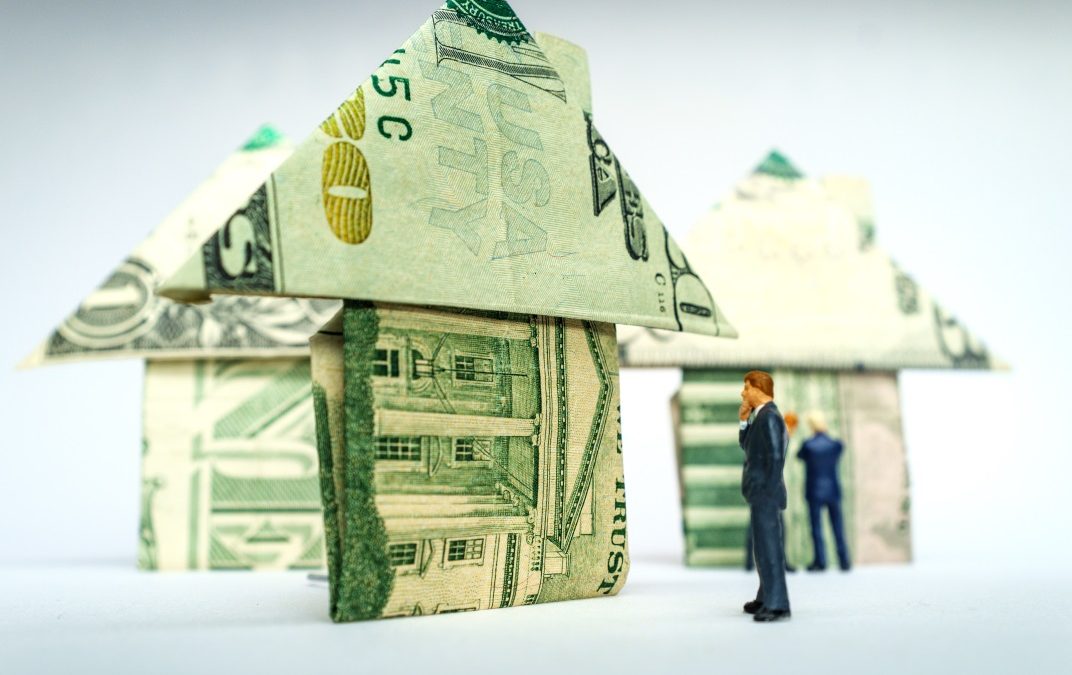We are interested in diversifying our portfolio and purchasing rental properties – any thoughts?
The first thing to keep in mind when considering a rental property is how you intend to pay for it. Rental properties are investment properties and subject to different lending rules than the home that you live in. Therefore, a lender will expect that you put more down as a down payment on a rental property and you will pay a higher rate of interest. Typically, lenders are looking for no less than 20% down on your purchase. And of course until you establish yourself as a successful landlord, your income is going to need to be sufficient to support the mortgage on your primary residence as well as any debt on your rental investments.
The second thing you need to think about is what kind of tenant you are interested in renting to. If you are hoping to rent to a family who might be in town for a couple of years with a temporary job assignment, then purchasing an apartment building with one and two bedroom apartments is unlikely to attract the type of tenant you hope to find. In that scenario, you would be looking for a single-family home in all likelihood (or possibly a townhome) in a good school district such as Quaker Valley. If you are hoping to find young professionals, you might look for something closer to downtown that has a trendier vibe to it.
You also need to take a look at the return on investment that you are seeking from the property. You will need to consider how much you are putting down on the property, how much you were paying in interest on any mortgage that you take out, your property taxes, maintenance of the building, any homeowners association fees, and any utilities that might be the responsibility of the landlord (these are typically utilities that are not separately divided in the particular structure, such as water). Putting together a spreadsheet with all of the expenses and your expected income will help you to determine whether or not the anticipated net income is worth the risk of investment to you. Be sure to build in some vacancy months – most properties are not leased 100% of the time.
Finally, you need to give some thought to how you will manage the property. Are you going to hire a property management company to handle that for you, or will you be more hands-on? Who is going to handle maintenance requests when something goes wrong? The beauty of being a tenant is that if something breaks, it’s not your responsibility to get it fixed. But as the landlord, are you going to be taking care of the repairs and if not, do you have a reliable handyman on-call that is willing to handle those items for you. If you are planning for others to manage the property on your behalf, you will need to build those costs into your financial projections as well. If investment properties are something you would like to consider, feel free to reach out to me and we can discuss these opportunities further.
Experience Makes
The Difference
If you’re moving across town, from elsewhere in the state, or even relocating
across the country, I can help you find the perfect home!

